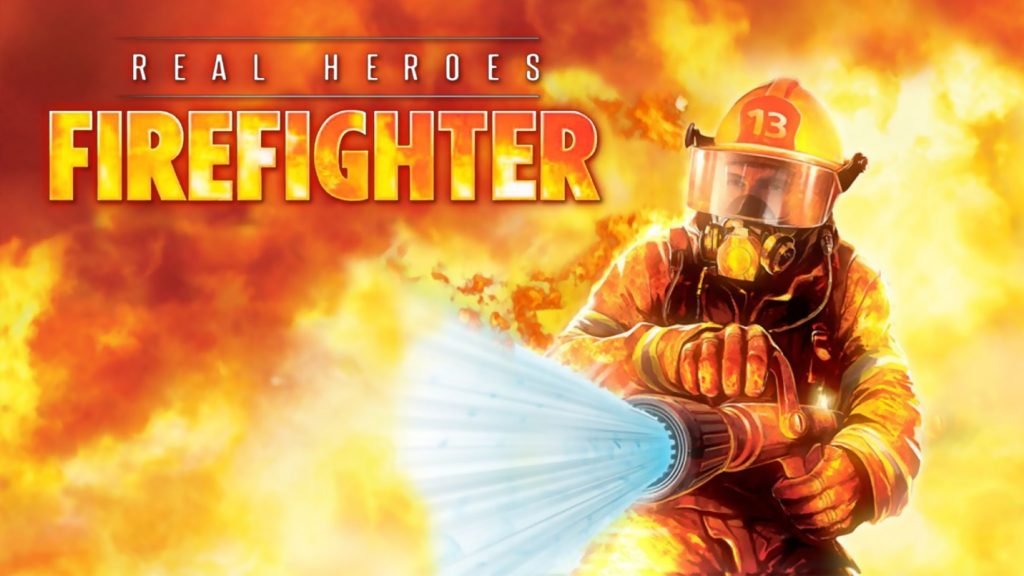

We help firefighters suffering with cancer to find out if they are eligible for a claim by matching them to the best law firms of USA. We work by your side making sure you are provided all the information required to decide. We promise not only to meet but exceed their expectations.
Firefighter cancer support in partnership with the International Association of Fire Fighters (IAFF) we have designated January as Firefighter Cancer Awareness Month to provide firefighters the necessary tools and guidance to develop life-saving protocols for cancer prevention and to support those with a cancer diagnosis within their departments.
We have a goal to help 1000 firefighters by January 2022 file a claim if they have been exposed to Aqueous Film-Forming Foam (AFFF).
Firefighting settings are complex and contain various hazardous substances. Firefighters can be exposed to hundreds of different chemicals in the form of gases, vapors, and particulates. Some of these chemical substances are known or suspected to cause cancer. Some of these hazardous substances are byproducts of combustion or burning, such as benzene and formaldehyde. Others come from the materials burning or in the fire debris, such as asbestos from older structures.
Firefighters can come into contact with chemicals by breathing them in, getting them on their skin or in their eyes, or by ingesting them. If protective clothing, known as turnout gear, is not adequately cleaned or stored after a fire response or training event, chemicals on the gear or equipment can contaminate vehicles and the fire station. Reusing dirty turnout gear or respiratory protection can also result in exposure to hazardous substances. These exposures can occur by skin contact with contaminated personal protective equipment (PPE) or by breathing in or ingesting particles from contaminated PPE.

What is AFFF?
AFFF represents aqueous film-forming foam. It is utilized as a fire suppressant, and capacities by cooling the fire and covering the fuel behind the fire. It makes a film between the fuel and oxygen to forestall further ignition.
How afff foam works?
AFFF works by making a film that keeps steady over the combustible fluid to stifle fumes and a froth substance that helps cool, protects, and isolates other start sources or threatening fire from reigniting the fumes. This multitude of characteristics joins to deliver a “completed froth item.”
Does afff cause cancer?
PFAS in AFFF are poisonous and cancer-causing to creatures and possibly to people also, as per the International Agency for Research on Cancer (IARC). The IARC arranges PFOA as a gathering 2B cancer-causing agent, which implies it is “conceivably” cancer-causing to people.



